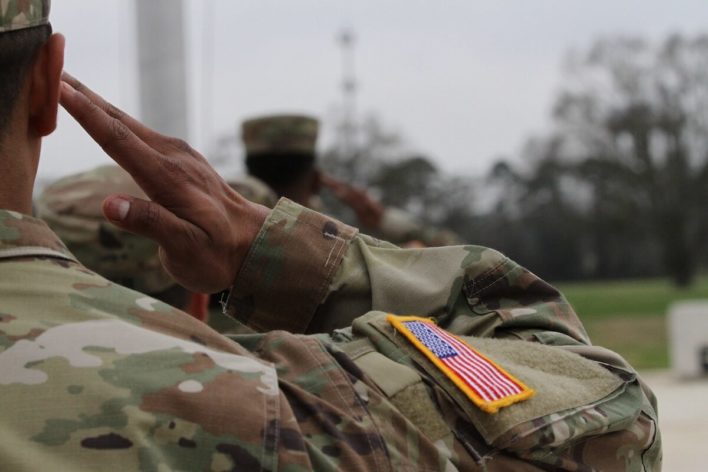The President Signs Two Veteran-Supporting Laws

Two Veteran-Supporting Laws Signed Into Law
In August, the President of the United States signed two pieces of legislation that will support veterans. One will broaden options for those caught within the legal system and the other will expand a home renovation grant program for veterans who are disabled and blind.
The Veteran Treatment Court Coordination Act
The Veteran Treatment Court Coordination Act was proposed in the House by Representative Charlie Crist, D-Fla. and in the Senate by Martha McSally, R-Ariz. With this law, it will direct the Department of Justice to establish and support a Veterans Treatment Court program at the state, local, and tribal levels. The main purpose of these courts is to help veterans and includes:
- Addressing veterans who have committed nonviolent crimes
- Helping those who have drug or mental health issues
- Determining treatment needed to manage unmet clinical needs
- Receiving necessary treatment for identified issues
Veterans Treatment Courts Have Helped Turn Around the Lives of Veterans
Veterans Treatment Courts have helped turn around the lives of veterans caught within the legal system. These courts identify, treat, and rehabilitate veterans’ conditions received during military service that would have contributed to criminal behavior.
A veteran has an opportunity to avoid incarceration or other punishment if they successfully complete all the requirements of treatment and rehabilitation. Rather than being punished, they will instead be given a second chance and be provided treatment. This law will encourage the development of a grant program to expand these courts across all 50 states.
Expansion of VA’s Adapted Housing Grant Program
Also signed: a second law, the Ryan Kules and Paul Benne Specially Adaptive Housing Act. The law would improve and expand the Department of Veterans Affairs (VA) adapted housing grant program. It is named after Retired Army Colonel, Paul Benne, and Captain Ryan Kules, both who are disabled veterans. They faced challenges when trying to accommodate their homes to fit their needs just as many disabled veterans in the country.
This law will increase the amount of money available to disabled veterans to renovate their homes to accommodate their disabilities. Along with these expansions, the act also entails:
- Expanding the program to include blind veterans
- Increasing the maximum funding from $83,000 to $98,000
- Allowing eligible veterans access to the funds six times instead of three
- Access to the full amount every 10 years if changes to residences are needed
Thanks to these improvements to the housing program, eligible veterans can build or remodel adapted homes. The changes will reduce financial stress by allowing them to utilize flexible resources to meet their unique housing needs.
RELATED:
- VA Adapted Housing Grants: An Overview
- Largest VA Budget Proposal Passes House
- VGLI: Veterans’ Group Life Insurance Overview
About the author
Julie Provost is a freelance writer, and blogger. She lives in Tennessee with her National Guard husband and three boys.


